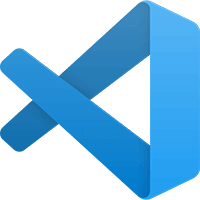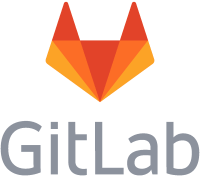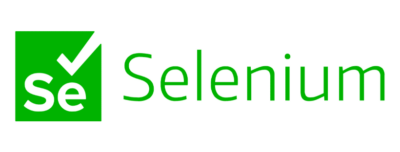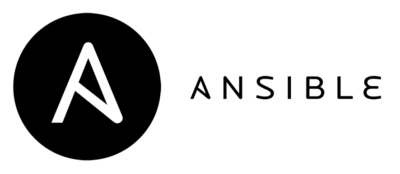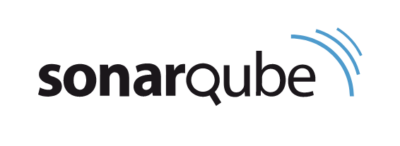Annecy, France and Peterborough, NH, USA – 12 November 2018 – ARCAD Software, market leader in Enterprise DevOps and Modernization solutions, today announced the launch of a new Pay-per-Use pricing system for DROPS, their flagship Application Release Orchestration solution.
The new “metered” pricing model brings DROPS within the reach of smaller development shops, and offers a low entry cost for mid- to large-size enterprises. Though DROPS is well-established as an enterprise-grade solution, this move follows the company strategy of making “DevOps affordable for everyone”.
Pay-per-Use drives the scalability of DROPS in line with modern hybrid infrastructures. DROPS users can now purchase sets of deployment units, each unit corresponding to a deployment action. Licenses are consumed as deployments are executed, and additional deployment capacity is downloadable on demand from ARCAD’s self-service portal. Tech support and remote consultancy services are bundled with pay-per-use DROPS licenses.
At the current time, the new pricing model is supported for distributed systems Windows, Linux, UNIX, and the payment mode will be extended to ARCAD’s customers on IBM i (aka iSeries, AS/400) and mainframe z/OS in a later release. In parallel, ARCAD Software will continue to support the more traditional system of permanent licenses per “infrastructure item” (deployment target) leaving free choice open to its customers.
Pay-per-Use = Pay-as-you-Deploy
Marc Dallas, R&D Director at ARCAD Software, explained the rationale behind the new payment system:
« We have introduced the DROPS Pay-per-Use model to simplify the deployment process, and in particular the budgeting and cross charging for application deployment. In today’s cloud environments where containers are rapidly spun up on demand by Dev and QA teams, deployment targets are often transient, so predicting the number of infrastructure items required to cover future deployment needs is a challenge in itself. In general, teams find it easier to estimate the actual number of deployments they will perform and now they can license DROPS accordingly. By pricing the solution by deployment action rather than target, budget forecasts become more accurate and controllable. And by moving to a “metered” payment system our customers are sure they only pay for what they really need ».
Multi-platform and Legacy Support
DROPS already has a unique position in the market from its universal multi-platform support and in particular its optional, advanced features for legacy systems such as IBM i (aka iSeries, AS/400) and mainframe z/OS. Now to meet customer requirements, ARCAD is also leading in the areas of “DevOps for Data” and DevSecOps, i.e. security demands when deploying into enterprise application estates.
Containerization and “DevOps for Data”
A common characteristic of modern environments is the use of container platforms, such as Docker. One of the strengths of containers lies in allowing the rapid provisioning of target environments early in the development cycle, to enable the “Dev” area of the IT Delivery ecosystem to rapidly test changes before transferring to production.
While extremely powerful, containerization must be handled with care. Best practices in the use of containers dictate that data volumes are managed separately, to ensure the persistence and consistency of data when a container is spun down or deleted. This modularity is achieved using microservices. In practice this rule is often bypassed and some implementations loosely combine binaries and data in the same container.
ARCAD’s DROPS rapidly solves this problem with DROPS-Datachanger, an integrated “DevOps for Data” system, which manages both changes in data but most importantly also any changes in database structure to secure the integrity of target environments. DROPS-Datachanger delivers:
- Synchronized deployment of data and dependent application artifacts
- Deployment and Rollback of both data changes and database structure changes
- Retrieval of Data in case of structure change e.g. removal or addition of columns
- Versioning, Deploy/Rollback and Audit Trail of critical data e.g. application parameters, configuration data
Marc Dallas summarizes the DROPS approach: « By fully automating the management of data with DROPS-Datachanger, we enable users to benefit from the full flexibility of containers while securing data integrity and reliability of applications at runtime ».
Containerization and Security
Another sensitive area in the management of containers is the security of the production environment. DROPS actively avoids security loopholes by managing Docker containers at a metadata level to operate a “pull” mechanism initiated from production rather than “push”. « This way we maintain the level of control or sign-off required by Security Officers in full support of a DevSecOps approach », added Dallas.
Press Contact: Olenka Van Schendel ovanschendel@arcadsoftware.com








